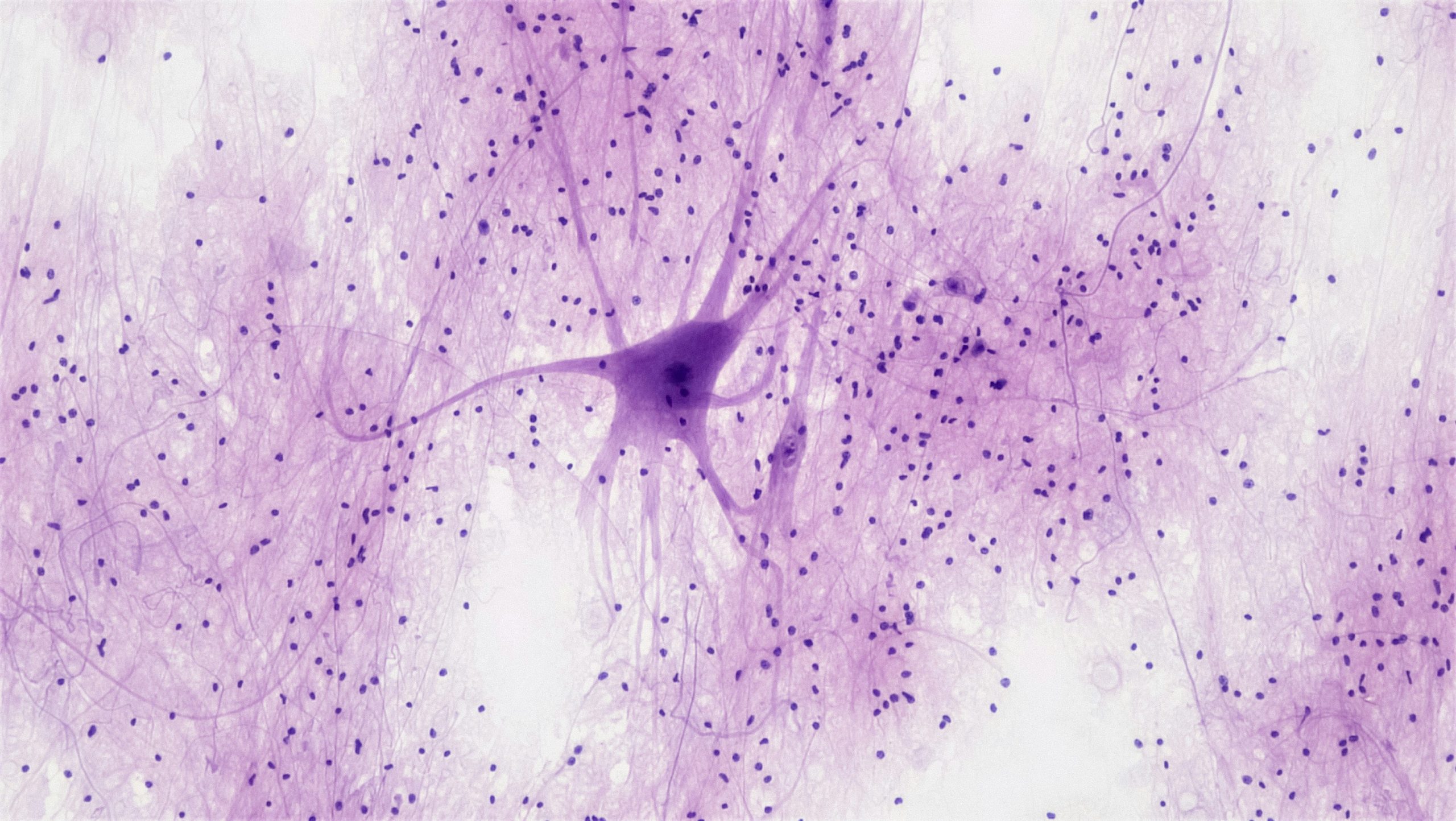by Aaliah Dhorat, Year 10, Batley Grammar School, West Yorkshire.
“Making one person smile changes the world… maybe not the entire world, but their world.”
Smiling is infectious, you can catch it like the flu; someone smiled at me today, and I started smiling too. Smiling is like a virus; it’s contagious like other viruses, spreading from person to person. It spreads in many forms, even reading, therefore this essay on smiling should improve your mood (thinking of smiling releases endorphins in your brain, so your mood slightly improves). Seriously, while reading this essay try not to smile, not even a little…
People usually smile when feeling pleasant. When experiencing positivity, the neuronal signals travel from your cortex to your brainstem. Then, the cranial muscle carries the signal towards the smiling muscles in your face. Sounds simple? However, that’s only where it starts…once smiling muscles in your face contract there is a positive feedback loop that goes back to your brain and reinforces your good feeling. To put it succinctly: smiles occur when our brain feels good, it sends messages to our facial muscles telling us to smile, and we smile and tell our brain that we feel good, and so forth. Moreover, the chemicals cause you to be healthier, and therefore smiling might just be as good as exercise.
Smiling has already changed the world: The theory of evolution (arguably) proves that humans have descended from apes. When a monkey bares its teeth, flattens its ears and tightens its throat muscles, it’s because they are afraid and bracing for a fight, so want to provoke the same feelings of fear in their opponent. However, when a human bares its teeth, flattens its ears and tightens its throat muscles, it is as a friendly gesture or to show that it’s feeling pleasant emotions. How did this odd evolutionary divergence occur? How did fang-flashing evolve into smiling? The main evidence comes from ‘missing link’ facial expressions from evolution.
What I find baffling about smiling is that people who are born blind show the same smiles as those who are under the same situations as sighted people; it’s surprising considering that they have never actually seen a smile. This proves that smiling has become a natural response to pleasant feelings. In other words, you don’t have to learn how to smile; smiling is pre-programmed behaviour.
Did you know that smiling stimulates our brain’s reward mechanisms in a way that even chocolate, a well-regarded pleasure-giver, cannot match? Another interesting fact is that a recent research concluded that smiling can be as stimulating as receiving up to 16,000 Pounds Sterling in cash; therefore, in theory, those who smile about 62 times a day feel like millionaires!
Have you ever caught yourself having a bad day and being in the worst mood, but then randomly smiling and feeling your mood lift when talking to someone who is smiling, or seeing someone with smile? According to various studies, smiling is ‘contagious’, proving the rumour right. When you see a smile, your orbit-frontal-cortex activates, which processes sensory rewards. Therefore, when you catch another person smiling you feel rewarded, which is a good feeling, causing a smile!
Research also shows that if you smile, even if you are in a bad mood, your mood will improve immediately, because the simple action of smiling is enough to trigger happy chemicals. Don’t believe me? Try it. The next time you are in a serious argument, smile and observe as the other person’s mood change and lighten a bit. The next time you have just received some bad news, smile and patiently wait for a few moments as you trick your brain into improving your mood. The next time you are in tears, simply smile and improve your mood.
To conclude, a smile has already changed the world according to evolution, and will continue changing the world because one of the most powerful things the world shares is the universal smile. A smile can cut through all barriers. It knows no prejudice. No matter who or where you are, your smile will always be understood. A smile represents something bigger. It represents goodwill, affection and openness. It wordlessly communicates happiness and acceptance. It connects and encompasses us all.





